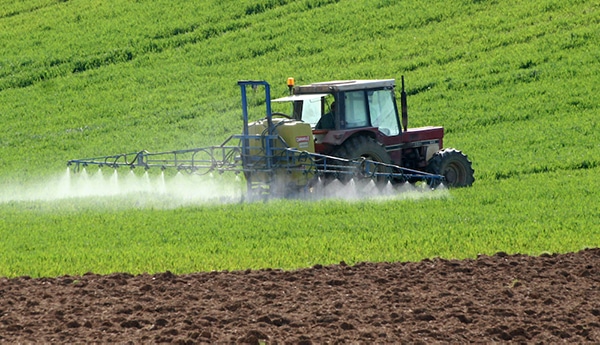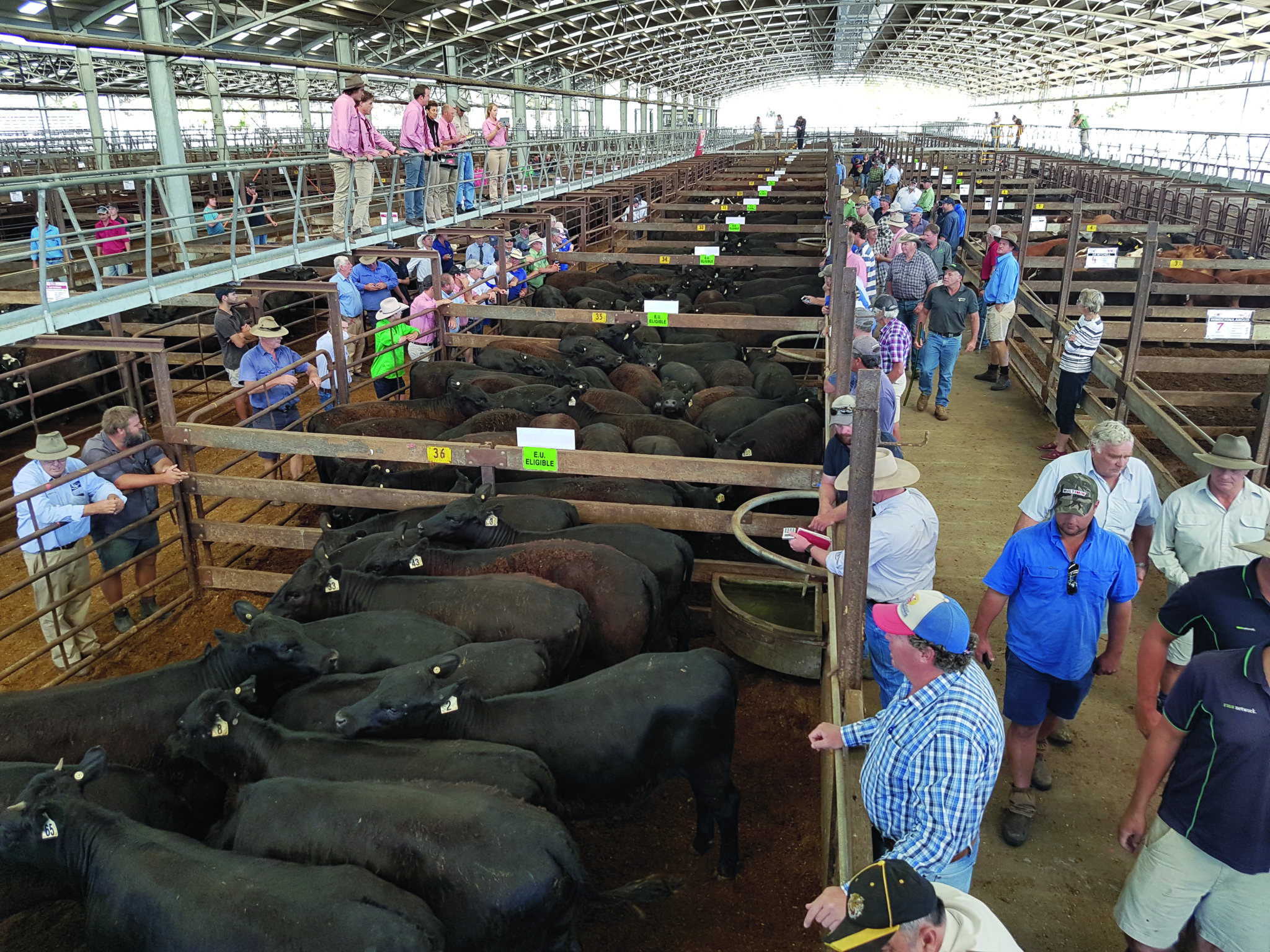Since 2005, all oversized vehicles have been subject to a curfew applied over the Easter and Christmas holiday periods, which included oversize agricultural vehicles. The curfews apply during these times due to increased tourist traffic, many of whom are unfamiliar with interacting with oversize vehicles and with the roads they are travelling on, resulting in an increased risk during these periods.
Last year, during discussions with the agricultural industry, concerns were raised with regard to these curfews having a significant impact on the agricultural industry, as the curfew periods coincide with the busy seeding and harvest periods. This led to a review of these curfews.
The review took into consideration the nature of agricultural movements, i.e. low volume, relatively short distances, primarily on local roads and with the ability to utilise the road shoulders (with large off-road tyres). Additionally an analysis of historical traffic data on State roads outside the metropolitan area was undertaken to identify roads that experience significant increases in traffic volumes during the Easter and Christmas holiday periods.

The outcome of the review was that the curfew now only applies to oversize agricultural vehicles wishing to travel on 11 major regional roads and all Perth metropolitan roads. The revised curfew will enable the essential movement of agricultural equipment on many roads during the agricultural industry’s busiest periods, without compromising safety for other road users. Additionally, the revised curfew now only applies to oversize agricultural vehicles in excess of 5.5 metres in width, an increase of 1.0 metre from the previous 4.5 metres.
The curfews are specified in the relevant Permit or Order operating conditions and are outlined below:
Easter Curfew
An Agricultural Combination exceeding 5.5 metres in width and/or 40 metres in length must not travel on any of the following prohibited roads during the following curfew period:
- All roads in the Metropolitan Area
- Brand Highway
- Bussell Highway
- Indian Ocean Drive
- North West Coastal Highway (Geraldton to Kalbarri Turn-off)
- South Coast Highway
- Albany Highway
- Brookton Highway
- Forrest Highway
- Muir Highway
- Northampton Kalbarri Road
- South Western Highway
Curfew Period:
- From sunrise on the Thursday before Good Friday until sunset on the Tuesday after Easter Monday.
Christmas Curfew
An Agricultural Combination exceeding 5.5 metres in width and/or 40 metres in length must not travel on any of the following prohibited roads during the following curfew periods:
- All roads in the Metropolitan Area Brand Highway
- Bussell Highway
- Indian Ocean Drive
- North West Coastal Highway (Geraldton to Kalbarri Turn-off)
- South Coast Highway
- Albany Highway
- Brookton Highway
- Forrest Highway
- Muir Highway
- Northampton Kalbarri Road
- South Western Highway
Curfew Periods:
- From sunrise on the Friday until sunset on the Sunday prior to Christmas Day; and
- From sunrise on 24 December until sunset on 3 January.
For both curfew periods, for the purpose of travelling between non-prohibited roads, an Agricultural Combination may travel on the prohibited roads, except roads within the Metropolitan Area, for a maximum distance of 1.0 kilometre.
Moving Oversize Agricultural Vehicles and Implements on Public Roads
A Permit or Order is required from Main Roads when driving an agricultural machine or towing an agricultural implement in excess of statutory mass and dimension limits. Following consultation with agricultural industry representatives, Main Roads developed the Agricultural Combinations Order that significantly reduces the level of red tape for the agricultural industry.
Key aspects of the Agricultural Combinations Order include:
- State-wide access, provided no bridges are crossed;
- An agricultural combination may be up to 8.5 metres wide and 40.0 metres long;
- An agricultural combination may have up to 16.0 tonne per axle, subject to tyre sizes and number of tyres, or the width of the rubber tracks;
- Three (3) oversize agricultural combinations may travel in convoy outside the Perth Metropolitan area.

The existing Agricultural Machine Order continues to be available, which allows State-wide access for rubber tracked and wheeled agricultural machines up to 8.5 metres in width and 28.0 tonnes in total gross mass, excluding the Perth Metropolitan Area and the Shire of Augusta-Margaret River, the Shire of Manjimup and the Shire of Nannup.
Access for these machines is also subject to a list of restricted bridges, meaning that unlike the Agricultural Combinations Order, bridges can be crossed provided they are not on the restricted bridge list. The Agricultural Machines Restricted Bridges List is available on the “Agricultural Vehicles” page of the Main Roads website and will soon be published on the RAV Mapping Tool.
Each of the Agricultural Orders is subject to a set of operating conditions, which stipulate all the requirements that a person must comply with when moving oversize agricultural vehicles or implements on a public road. The operating conditions are also available on the “Agricultural Vehicles” page of the Main Roads website.
Significant Pilot Concessions Afforded to the Agricultural Industry
Main Roads has worked with agricultural industry peak bodies to develop easy to follow documentation, clearly outlining the agricultural pilot requirements. This included reviewing the previous Heavy Vehicle Agricultural Pilot Authorisation, which now allows agricultural pilots to accompany an oversize agricultural vehicle, up to 8.5 m in width, without the need to hold a Heavy Vehicle Pilot Licence.

The new simplified system provides for the efficient movement of agricultural equipment, while maintaining positive road safety outcomes.
Some of the main changes and benefits of these new requirements include:
- An oversize agricultural combination can now have a width of up to 8.5 metres and length of 40.0 metres while being accompanied by an agricultural pilot. The width was previously restricted to 7.5 metres;
- A pilot vehicle is no longer required outside the Metropolitan Area until the oversize agricultural vehicle exceeds 3.8 metres, which is an increase from the previous 3.5 metres. This will enable a lot of equipment, such as self-propelled boom sprayers, to be moved without a pilot vehicle;
- Three simple WA Agricultural Pilot Zones, based on the risk of the road, determine the pilot requirements for moving the particular oversize agricultural vehicle. The WA Agricultural Pilot Zones are published on the RAV Mapping Tool on the Main Roads website;
- Green zone is the majority of local roads across the State which are bounded by Regional Distributor Roads and State Roads and which carry relatively low volumes of local traffic. Roads in the Green zone are considered moderate to low risk;
- Orange zone consists of Regional Distributor Roads and State Roads carrying higher traffic volumes, including heavy vehicle traffic and tourist traffic. Roads in the Orange zone are considered high risk;
- Red zone is the Perth Metropolitan Area and general oversize pilot requirements apply;
- In the lower risk Green zone, only one agricultural pilot is required and in the Orange zone no more than one Licensed Pilot is specified, meaning the need to have a Licensed Pilot or additional pilot vehicles is limited to higher risk roads;
- Where a Licensed Pilot is specified, it may be substituted for an agricultural pilot, provided there is a holder of a Heavy Vehicle Pilot Licence in the lead oversize agricultural vehicle, overseeing the pilots and ensuring the pilots are doing their job correctly. This means the farmer can be the holder of the Heavy Vehicle Pilot Licence and still drive the agricultural machine;
- The number of oversize agricultural combinations allowed to travel in convoy outside the Perth Metropolitan Area has been increased from two to three;
- The 100 kilometre limit from the point of origin to the destination when utilising agricultural pilots no longer applies;
- Introduction of the Agricultural Pilot Operational Requirements document to ensure farmers understand their responsibilities when performing the agricultural pilot function; and
- The Agricultural Pilot Requirements flowchart simply outlines the pilot requirements applicable to the oversize agricultural vehicle when travelling within a particular zone.
It is extremely easy if you can stay within the Green zone. You can even travel on an Orange zone road for up to 1.0 kilometre when moving from one Green zone to another, without any change to the pilot requirements. Additionally, the ‘gate to gate’ provision allowing movement for up to 1.0 kilometre without a pilot, subject to traffic management, still applies on all local government roads. The traffic management is not onerous; only four prescribed roadside warning signs are required.
Further Information
All the details about the requirements associated with moving oversize/over mass agricultural vehicles are available on the “Agricultural Vehicles” page on the Main Roads website or by calling the Heavy Vehicle Helpdesk on 138 486.
Article kindly supplied by Main Roads Western Australia.







